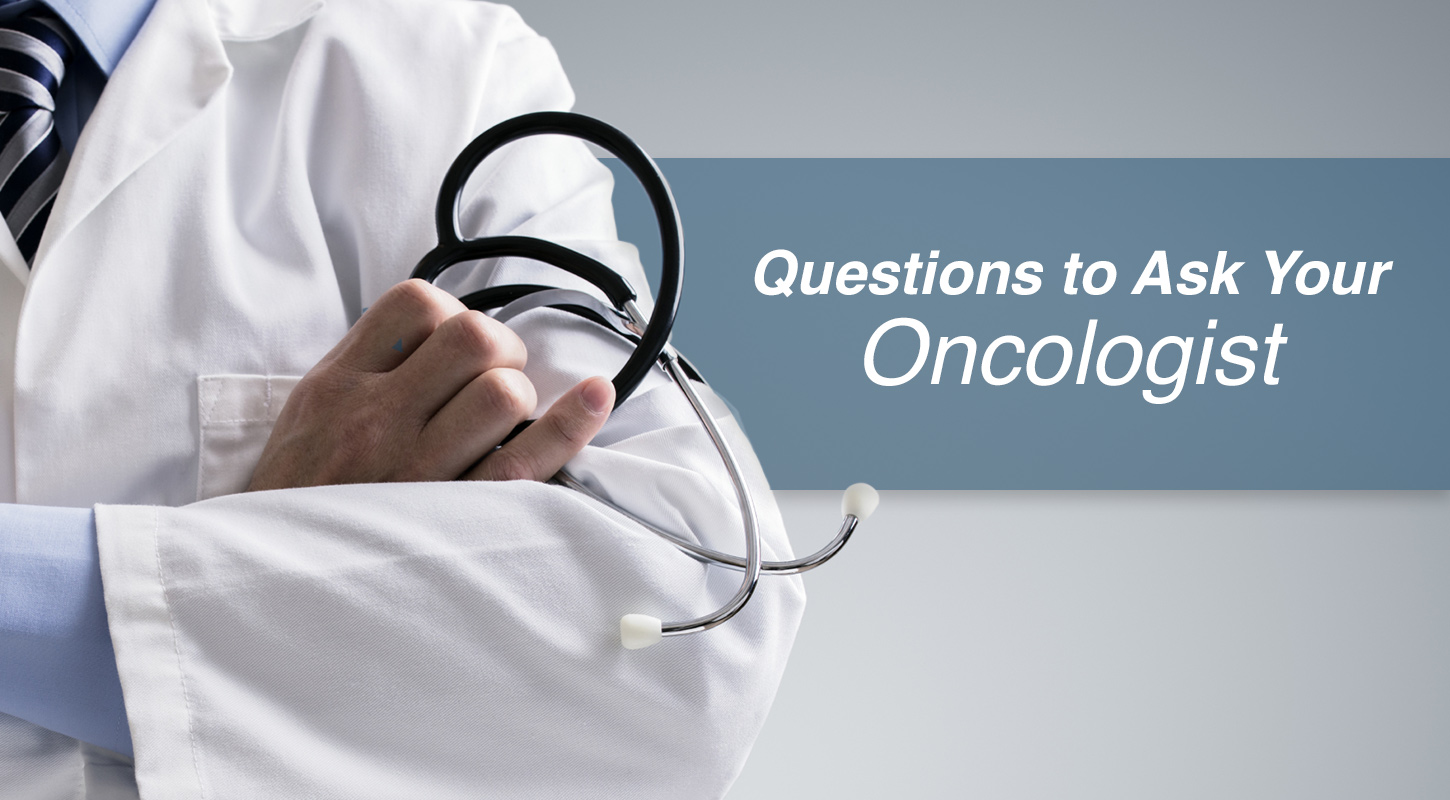Five Important Questions to Ask Your Oncologist

Receiving a cancer diagnosis can leave you feeling overwhelmed. It can be hard to ensure that you’re asking the right questions during such an emotional time. Knowing what things to ask can help you gain some peace of mind and give you the confidence you need to make the most educated choices. Read on to find our list of five important topics to cover.
What are the details of my cancer?
Understanding the type of disease you’ve been diagnosed with is the first step in coming to terms with the situation. This includes knowing the kind of cancer, what stage it is in, where it is located, and whether or not it has spread. You should also make sure you’re clear on what exactly these things mean, including the severity. While these facts might be scary at first, knowing the details can help you make the best decision for your overall health.
What kind of treatment options do I have?
Depending on what kind of cancer you’ve been diagnosed with and what stage it is in, your treatment options will vary. Your doctor will be able to give you some additional information about the different types of treatment, including any potential side effects, and recommend what he thinks might be best for you based on your personal health history. You can also take this time to inquire about clinical trials. Some people are hesitant to do this because they are nervous about the potential of trying newer medications or treatment methods, but it is important to keep this option open because it gives you the chance to receive state-of-the-art care.
How much experience do you have treating this kind of cancer?
Many oncologists specialize in specific types of cancer and may have more experience treating one kind than another. You may want to inquire about cases your doctor has had that are similar to yours and what kind of methods he has used so you can get a better idea of his overall familiarity with treating your disease. This also helps you develop an increased level of trust and confidence.
What steps do I need to take to get a second opinion?
This can feel like an uncomfortable question to ask your doctor, but for many people a second opinion can help bring clarity to the situation. It’s also good to ask because if your doctor does not have as much experience treating your specific type of cancer, he might be able to recommend another oncologist who does specialize in it. A second pathology review is always good because it helps you to gather as much information as possible.
What kind of emotional support is available?
Aside from medical support, it’s important that you find somewhere you can get the emotional support that is necessary, too. You’ll likely experience a wide variety of emotions after diagnosis, as well as during and after treatment. Your doctor will be able to provide you with the best resources possible for support groups in your area, therapists you could speak with, books you can refer to, and more. This is an especially important question that many people forget to ask.
Baptist offers a wide range of cancer care services, support groups, educational seminars, preventive services, and much more. Take a look at what we have to offer and schedule an appointment with us today.
